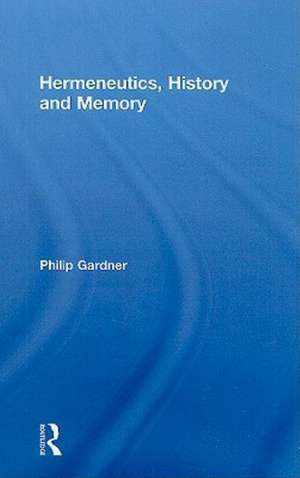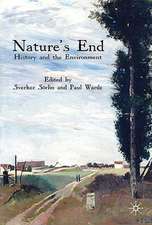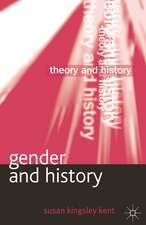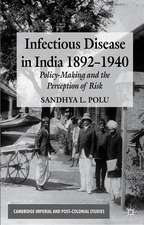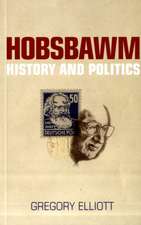Hermeneutics, History and Memory
Autor Philip Gardneren Limba Engleză Hardback – 14 ian 2010
Hermeneutics, History and Memory answers differently. It sees the sceptical challenge as an opportunity for reflection on history’s key processes and practices, and draws upon methodological resources that are truly history’s own, but from which it has become estranged. In seeking to restore these resources, to return history to its roots, this book presents a novel contribution to topical academic debate, focusing principally upon:
- the challenges and detours of historical methodology
- hermeneutic interpretation in history
- the work of Paul Ricoeur
- the relation between history and memory.
| Toate formatele și edițiile | Preț | Express |
|---|---|---|
| Paperback (1) | 396.91 lei 6-8 săpt. | |
| Taylor & Francis – 14 ian 2010 | 396.91 lei 6-8 săpt. | |
| Hardback (1) | 1003.30 lei 6-8 săpt. | |
| Taylor & Francis – 14 ian 2010 | 1003.30 lei 6-8 săpt. |
Preț: 1003.30 lei
Preț vechi: 1223.53 lei
-18% Nou
Puncte Express: 1505
Preț estimativ în valută:
191.98€ • 200.95$ • 159.79£
191.98€ • 200.95$ • 159.79£
Carte tipărită la comandă
Livrare economică 31 martie-14 aprilie
Preluare comenzi: 021 569.72.76
Specificații
ISBN-13: 9780415353373
ISBN-10: 0415353378
Pagini: 208
Dimensiuni: 156 x 234 x 18 mm
Greutate: 0.54 kg
Ediția:1
Editura: Taylor & Francis
Colecția Routledge
Locul publicării:Oxford, United Kingdom
ISBN-10: 0415353378
Pagini: 208
Dimensiuni: 156 x 234 x 18 mm
Greutate: 0.54 kg
Ediția:1
Editura: Taylor & Francis
Colecția Routledge
Locul publicării:Oxford, United Kingdom
Public țintă
PostgraduateCuprins
Selected Contents: Acknowledgements Introduction Chapter 1. History: Challenges and Detours Chapter 2. History and Hermeneutics Chapter 3. History, Hermeneutics and Ricoeur Chapter 4. History and Memory Conclusion
Notă biografică
Philip Gardner is a Senior Lecturer in the School of Education at the University of Cambridge, UK.
Descriere
This book presents a novel contribution to topical academic debate, seeing the sceptical challenge as an opportunity for reflection on history’s key processes and practices.
